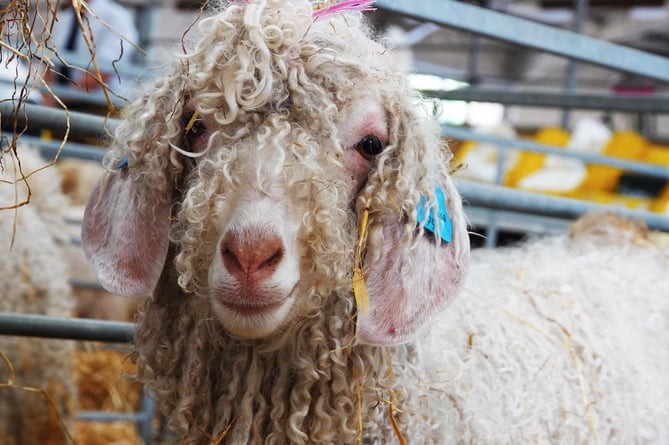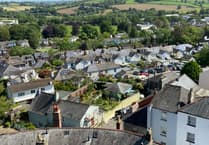But they are warning that enabling the county’s family farms to be resilient and efficient must be made a priority in the Government’s food strategy if they are to continue to play their vital role in the West Country’s rural economy and help deliver environmental benefits as well as produce food.
Speaking on the eve of the show NFU Devon chair Richard Tucker said: “It will be great to be back at Devon County Show which is a fantastic shop window for our industry. We know the public want to be eating more local food and farmers are ready to play their part by providing high quality produce, whilst protecting and enhancing our environment.
“But at the moment, many are struggling to see how the various elements of the Environmental Land Management scheme will underpin the sustainable and resilient food businesses we need.
You just have to look at all the businesses who come to the show to see the impact that the money farmers have to spend has on the rest of the rural economy.
“We know everyone is feeling the pinch at the moment and we’re not looking for handouts, but to continue to act as the bedrock of the rural economy and produce affordable food what we need is certainty about farm incomes in the future and that is in short supply at the moment.”
Rising costs and reducing support payments mean the situation is increasingly difficult for many.
According to Defra’s Agricultural Price Index the cost of fertiliser more than doubled between March 2021 and March 2022, with ‘red’ diesel used on farms going up by almost a half in the same period.
Meanwhile, research commissioned by the Great South West Local Enterprise Partnerships (LEPs) and the NFU shows that the South West is due to lose just over £884m in the transition away from the Basic Payment Scheme (BPS) towards a system of payments for ‘public goods’ like flood prevention.
In 2020 the county received £99.2m in BPS payments. Adding the amounts due to be deducted from this sum for each year of the transition period (2021 to 2027) shows that the total BPS amount lost from its rural economy to the end of 2027 will be £85.5m.
The agri-food industry alone is worth more than £600 million to the county and employs around 32,000 people. Including related sectors like retailing and accommodation reveals an industry worth £1.1 billion and employing 79,000 people.
The Government’s recently published food strategy did seem to recognise the importance of food production, but farmers are warning that clear mechanisms for delivery and investment must be developed to enable the county to capitalise on all the benefits food and farming can deliver.
• A new travel scholarship sponsored by the Devon Farmers Benevolent Fund and run in conjunction with Devon Young Farmers is being launched at the show.
It will offer people aged 21 to 28 who live in the county and who work within the farming, food, horticulture, rural or associated industries a grant of up to £2,500 for travel that will enable them to develop a deeper understanding of policies and practices overseas that could have a positive impact on Devon.




